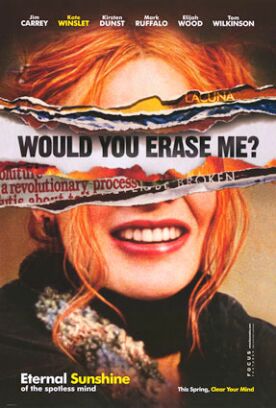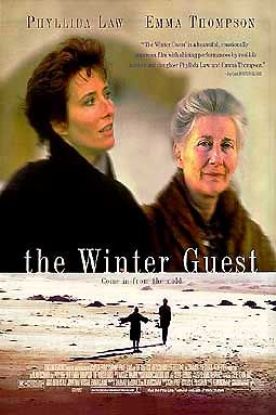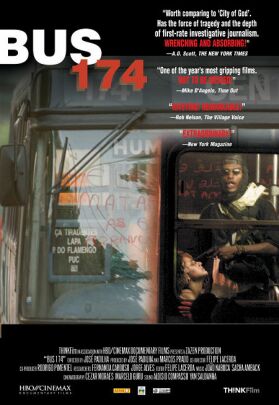Love and Sex
There is a certain wit to Valerie
Breiman’s Love and Sex that
makes it something more than a complete waste of an evening. As Dr. Johnson said
of the Giant’s Causeway, it is worth
seeing but not worth going to see. Could he have been looking forward to
the age of videotape? The story makes use of a simple framing device. Journalist
Kate (Famke Janssen) is charged with the task of exploiting her own romantic
history as a means of describing love and sex and their customs among young
adults today. This naturally requires a series of flashbacks recounting her
various emotional and sexual entanglements. The weak link would seem to be the
absurd idea that we don’t already
know, partly with the help of movies like this one, far more than we need to
know about love and sex among the young today. At the same time it is entirely
believable that a woman’s magazine of
the sort Kate works for would think such an investigation an original idea.
The real problem with it is also the
film’s chief virtue: that a story of
sexual adventurism in a very self-consciously contemporary
manner—one that, if not as crass as
the ghastly Whipped, seems to be undertaken in the same
spirit—swiftly turns into a romance. We are entirely prepared to offer up
our sympathies to the troubled yet ever-promising relationship between Kate and
her true love, Adam (Jon Favreau), but what then becomes of the premiss of the
female adventurer? She claims to have slept with thirteen different men before
him, but we meet only two of them. Could it be that there is a shyness here of
making her appear slutty? Likewise, her gal-pal Mary (Cheri Oteri) back at the
magazine, with whom she is presumably meant to compare sexual notes in a
delightfully light-hearted fashion, almost completely drops out of the movie
once the romance gets rolling.
One is driven to the conclusion that the frame is really just a kind of
Potemkin village designed to disguise from an incorrigibly hip audience the fact
that it is being offered nothing more, really, than an old-fashioned romance.
There is an unattractive timidity about this imposture that is ultimately
off-putting. In somewhat the same way, when Kate gets pregnant the problem is
almost immediately solved by a convenient miscarriage. Of course we know why Ms
Breiman spares her the necessity of the abortion that she is said to be toying
with. For all our—and the
film’s—apparent
celebration of women’s sexual freedom,
we are still ashamed and guilty enough about the fatal
“choice”
that makes that freedom possible not to want to see it made by a character we
like. This way, Kate gets to be the victim too. But we are left with the sense
that Ms Breiman and her movie ought to have more the courage of their
convictions.
On the plus side, there is some sharp observation and some well-written
dialogue, both in establishing the rapport between Adam and Kate and in the few
bits of the movie that are left over from the original, female-Tom-Jones
scenario. One of the two affairs in
Kate’s past that we learn something
about begins with her car’s
rear-ending that of a man called Eric (Noah Emmerich) who, after shouting at her
in the street, tries to pick her up. Perhaps the adrenalin rush makes this seem
like a good idea to her, but soon, in the middle of the dinner to which he
subsequently takes her, we see them locked in a passionate embrace in the
men’s room of the restaurant.
Afterwards, back at their table Eric is exultant and Kate more dubious. He is
sure that they have much in common.
“What do we have in
common?” she asks.
Eric has to think for a while and then says,
“How many people do you know who can
comfortably have sex in public
places?”
Kate, incredulous, replies: “Every
man I’ve ever met!”
This kind of feminine wonder at masculine obtuseness looks forward to
Kate’s relationship, on the rebound
from Adam, with the brainless actor Joey Santino (Josh Hopkins), who announces
after a night of lovemaking that he is in love with her.
“We’ve known each other 14
hours,” she says to
him—and most of that time has been
spent in non-stop sex.
“I loved you in the first
hour,” says Joey.
“I waited thirteen to tell
you.”
Here, as in so many other instances, the good and appealing things about the
movie are those which take us back to the sort of feminine wisdom which, by
finding ways to tame the male appetite, makes traditional romance possible. But
the chugging away in the background of Ms
Breiman’s strenuous efforts not to be
excessively traditional is in the end too much of a distraction from the
romance.
Discover more from James Bowman
Subscribe to get the latest posts to your email.






